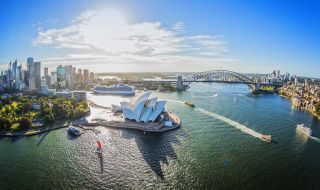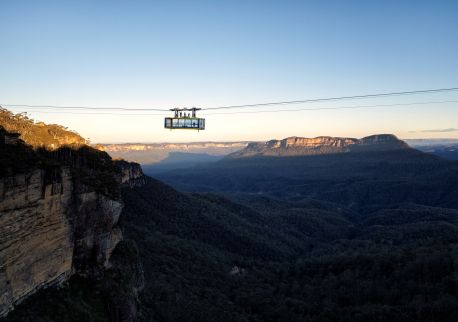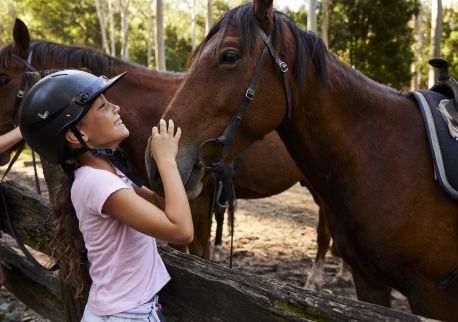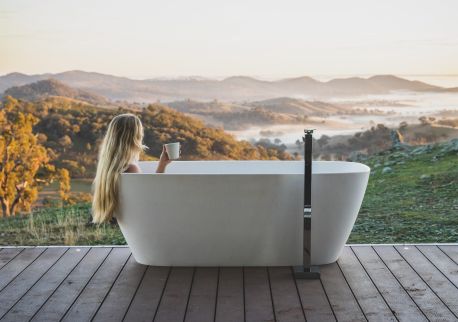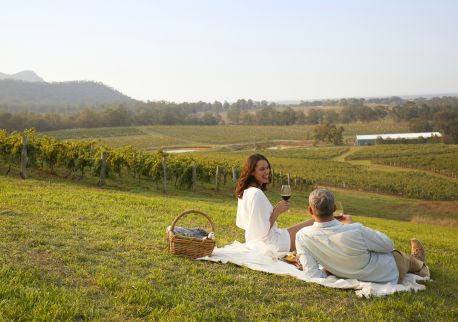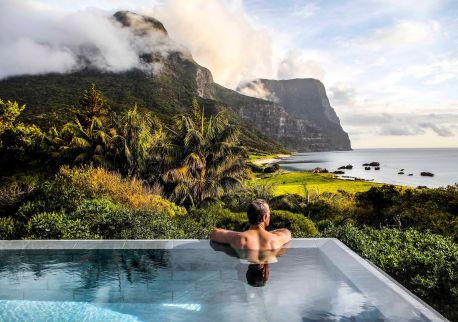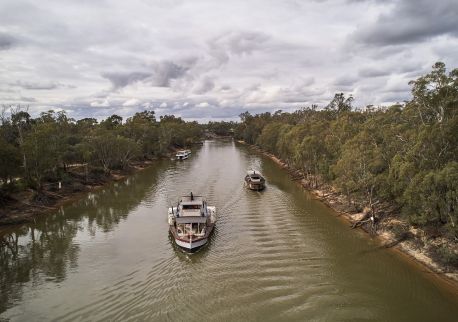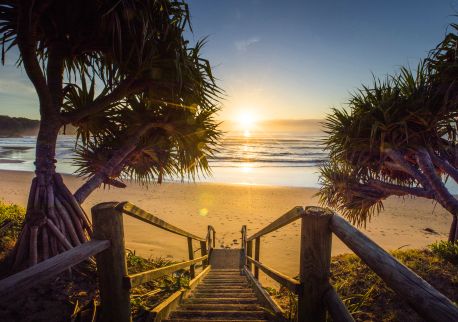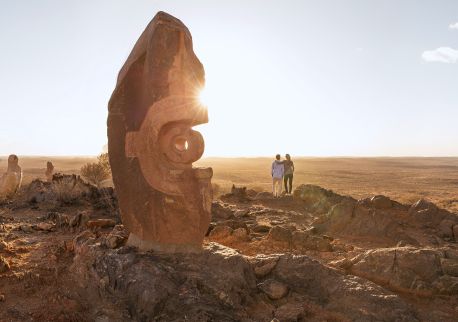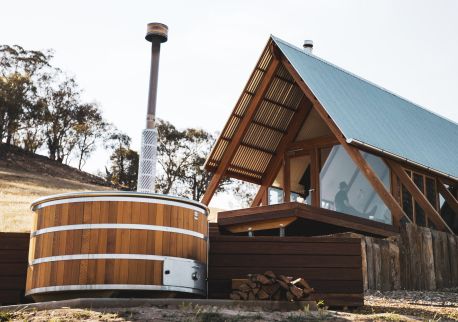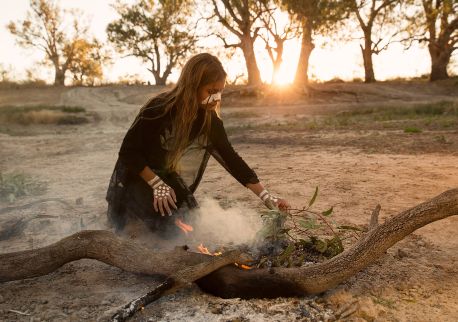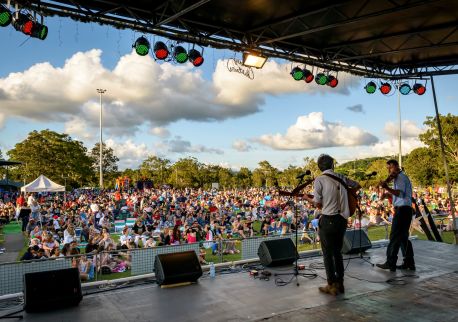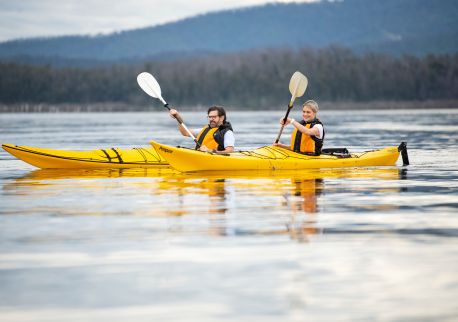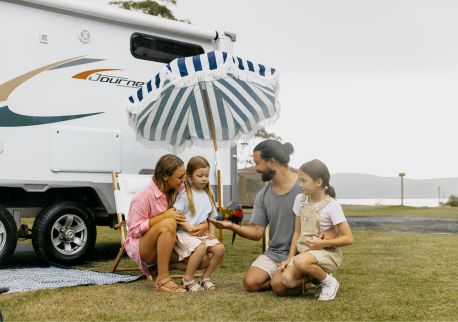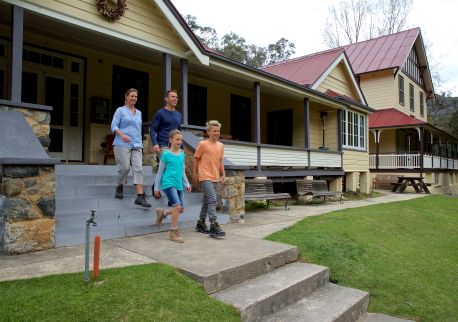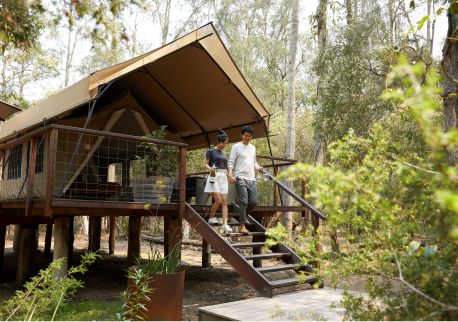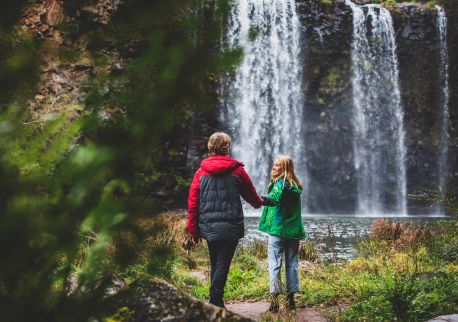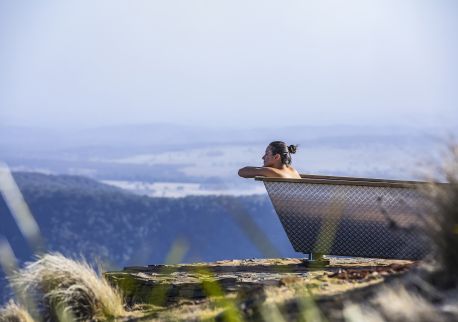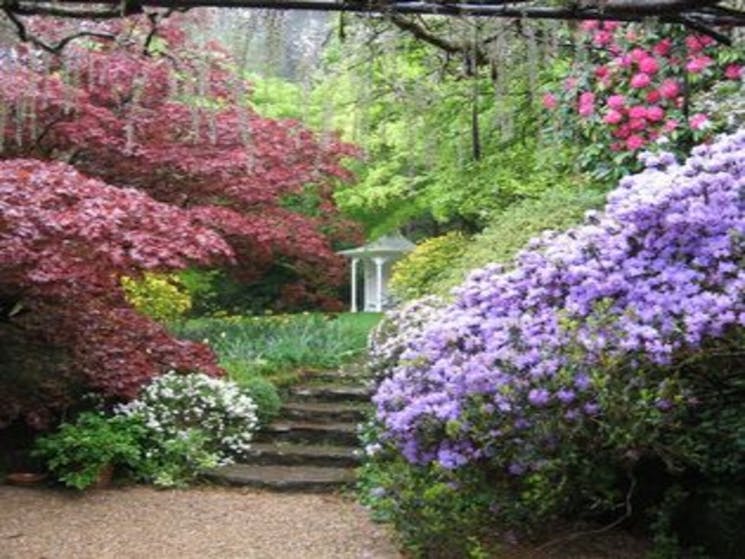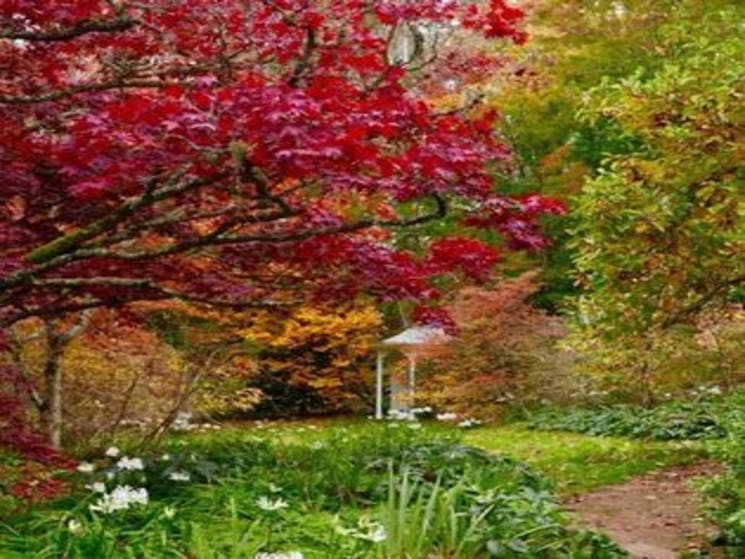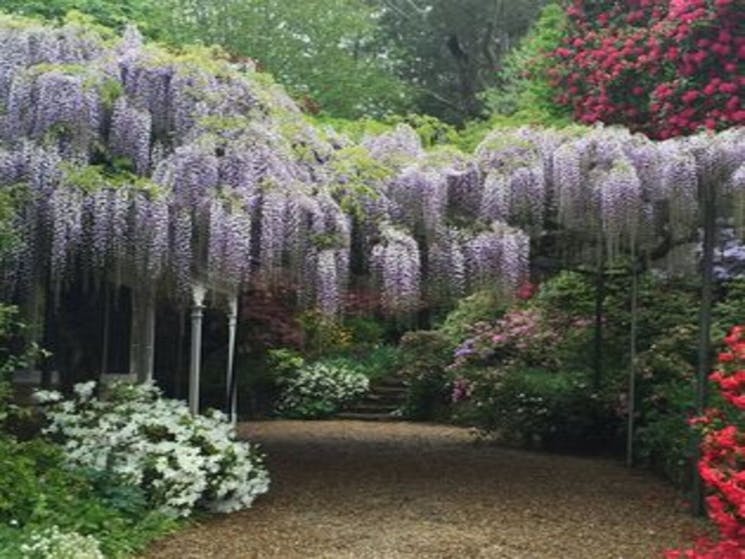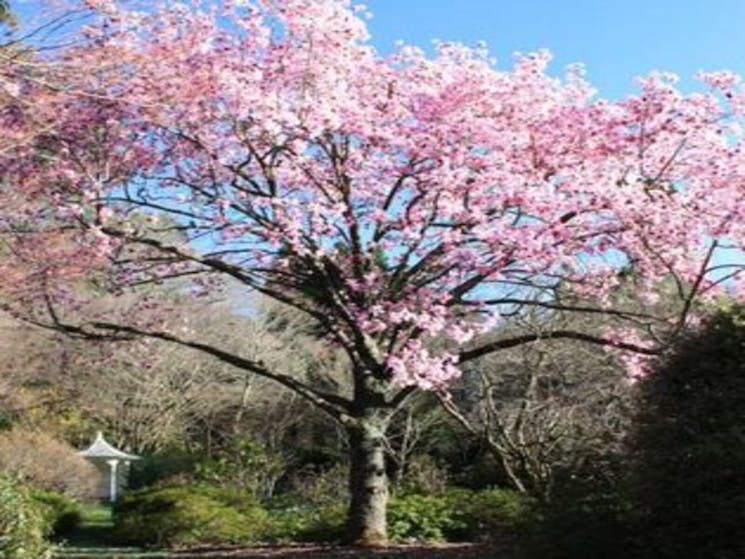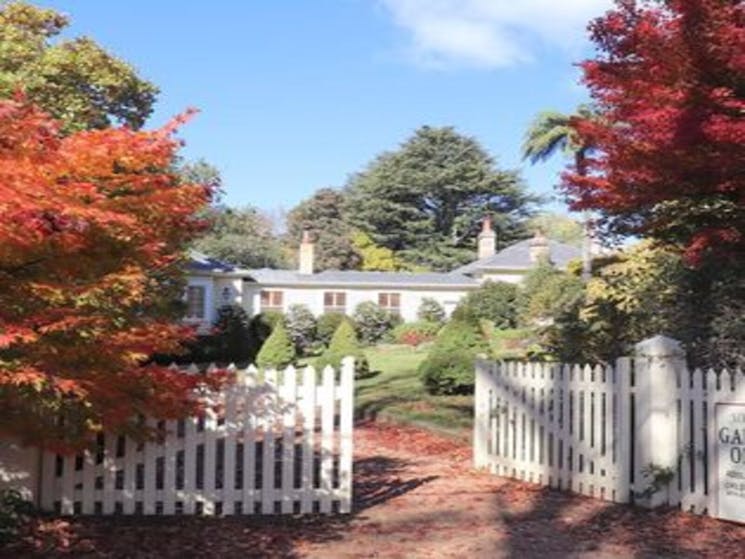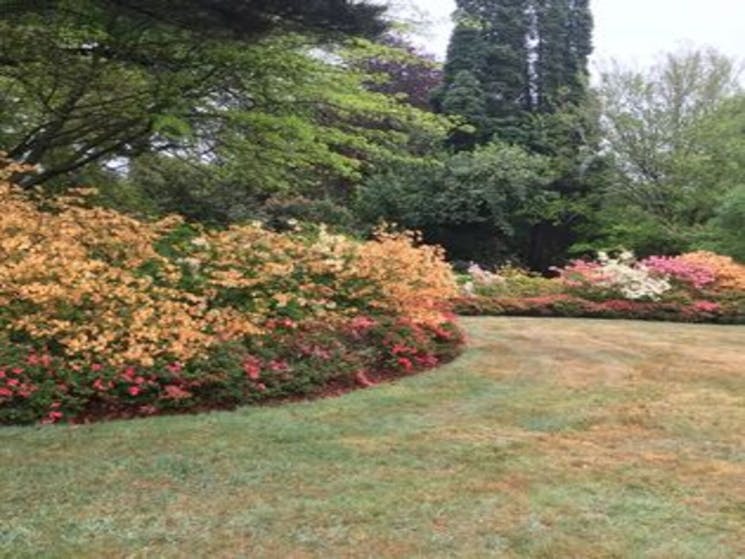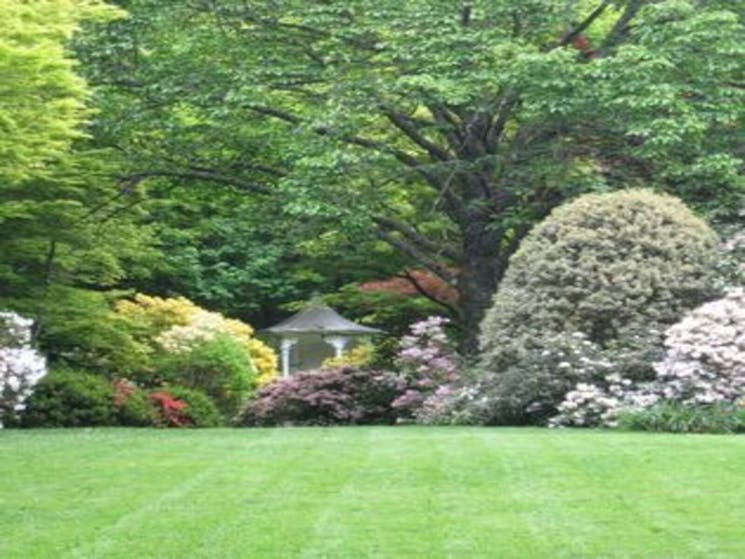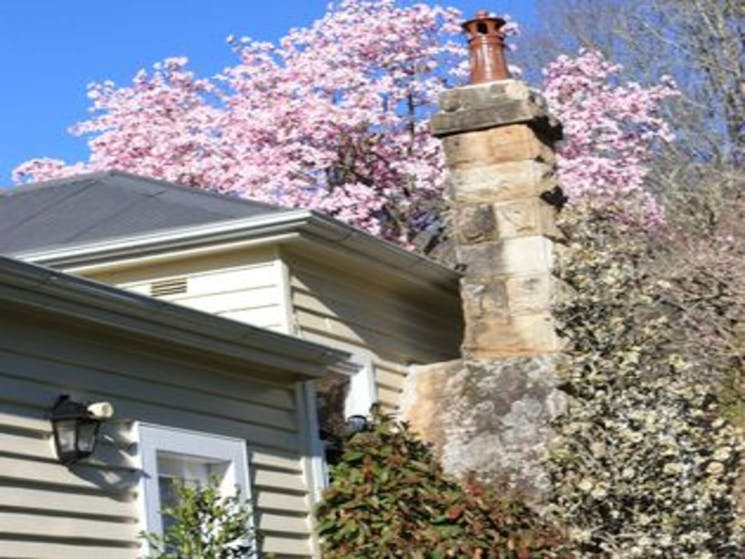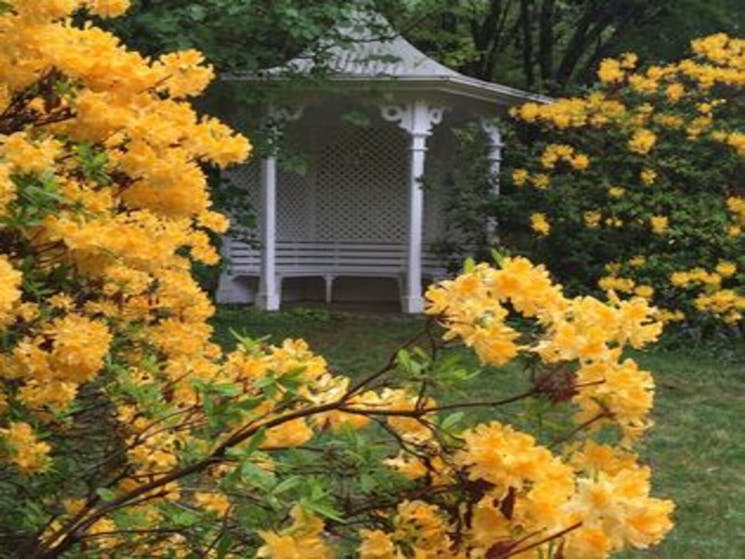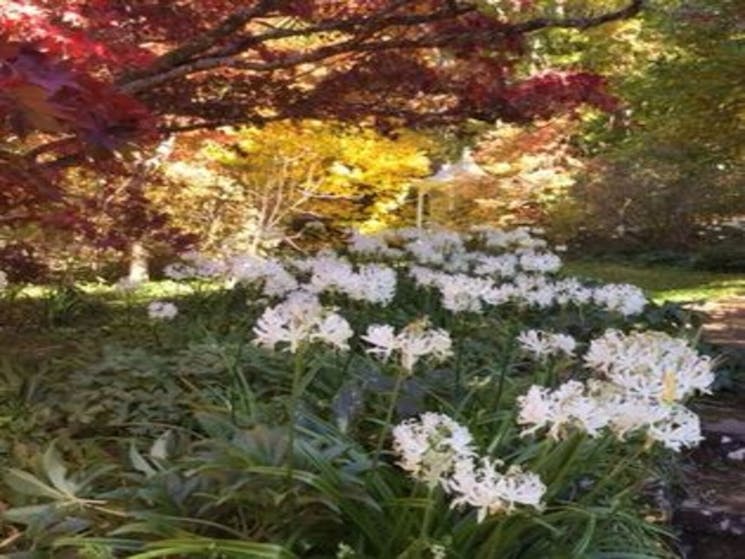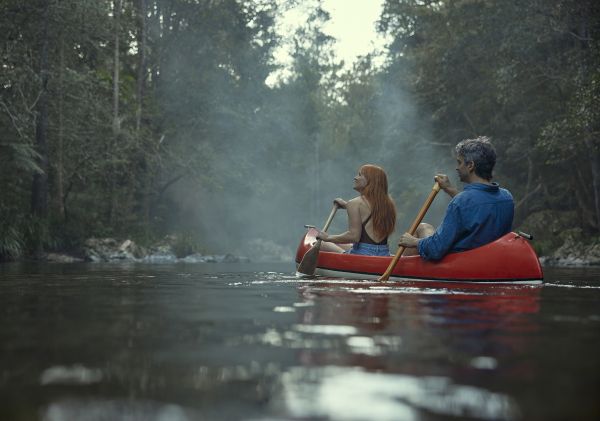Nooroo Garden Mount Wilson
Overview
Nooroo means 'shady place' and was built and planted in 1880 by William Hay whose original work gives the garden its air of maturity. The house was built from local pit-sawn timber and is typical of its period.
The Valder family owned the property from 1917 to 1992 and during their time, an old tennis court was converted into its world-famous wisteria garden.
The court contains a collection of 28 standard wisterias ranging in colour from white to deep purple. The wisteria court looks its most magnificent in late October each year.
Since 1992, the Barrett family have lovingly maintained the existing garden and created large new garden rooms that are sympathetic to the original garden.
The garden boasts amazing Autumn colour from the original oaks, chestnuts and ash (some of which are over 140 years old!) augmented by a wide variety of maples and other deciduous trees.
Depending on when you visit, you may catch a glimpse of thousands of the bluebells and nerines that underplant many of the mature trees. In Spring, daffodils, camellias, magnolias and rhododendrons bloom throughout the season and the rose gardens are a stunning feature.
The huge banks of mollis azaleas are also an incredible sight. The garden boasts extensive beds of bluebells, daffodils, crocus and other bulbs - truly a sight to behold in early Spring.
Accessibility
A quiet space is available at the venue/ facility
Actively welcomes people with access needs.
Advise tour guides of the access needs of guests at the time of booking (includes pick up and drop off requirements)
Caters for people who use a wheelchair.
Caters for people with sufficient mobility to climb a few steps but who would benefit from fixtures to aid balance. (This includes people using walking frames and mobility aids)
Have an accessible public toilet which is unlocked
Have doorways which are easy to open and have lever handles (doorways 850mm or wider when open and not heavy)
Have step free outdoor pathways (includes picnic areas, barbecues and shelters)
Offer a range of contact methods for receiving complaints
Offer multiple options for booking - web, email, phone
Provide assistance with booking arrangements (includes providing clear itineraries with written instructions on what to do at various destinations)
Provide seating in common areas including reception area
Train your staff in disability awareness
Use non-slip tiles in the bathroom or slip resistant matting
Use Plain English / easy read signage and information (includes menus and emergency information)
Welcomes and assists people who have challenges with learning, communication, understanding and behaviour. (includes people with autism, intellectual disability, Down syndrome, acquired brain injury (ABI), dyslexia and dementia)
